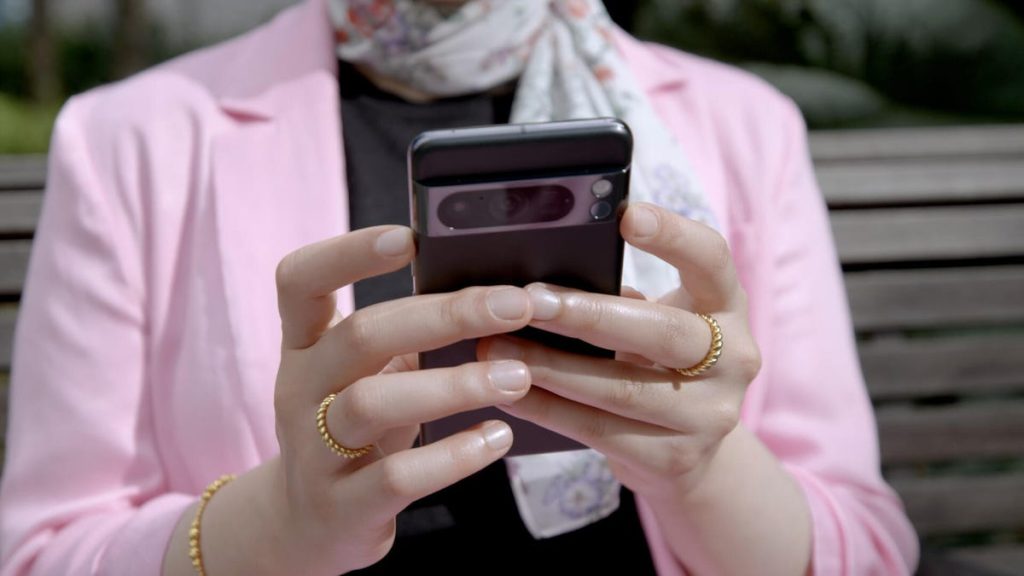Our increasing dependence on smartphones and social media has led to unhealthy behaviors, with many Americans reporting addiction to their devices. The constant need to be connected can create a sense of peace but also anxiety when detached from our phones. Psychologists explain that phones have become a security blanket, providing a sense of connection and distraction from uncomfortable situations or tasks. The instant gratification from notifications and social media interactions triggers the release of dopamine, creating an addictive cycle of scrolling for pleasure. Social media platforms like TikTok and Instagram are designed to tap into our addictive tendencies, using algorithms and unpredictability to keep us engaged for longer periods.
The negative effects of endless scrolling include memory and focus impairment, as well as strained real-life relationships due to diminished offline interactions. Concerns have been raised about the impact on younger users, with popular apps like Instagram and TikTok facing criticism for potentially harmful content. While these platforms have introduced safety measures, critics argue they are still prioritizing user engagement over well-being. The personalized content served by social media algorithms has made it difficult to break the cycle of smartphone addiction, as the devices become more integrated into daily life and learn the user’s preferences better than themselves.
Experts recommend practical strategies for reducing screen time and breaking the habit of endless scrolling. These include setting boundaries such as using a physical alarm clock instead of your phone, scheduling unplugged days, and utilizing focus modes to control notifications. Deleting unnecessary apps, organizing home screens, and limiting work-related tasks on mobile devices can help create separation between personal and professional time. Setting achievable goals for reducing social media use can lead to a gradual decrease in screen time and a healthier relationship with technology overall.
While the temptation to constantly check our phones may be strong, taking steps to disconnect and engage in real-world activities can improve mental well-being and quality of life. By recognizing the addictive nature of smartphone use and implementing practical strategies for reducing screen time, individuals can regain control over their devices and establish healthier habits. Ultimately, finding a balance between digital engagement and offline interactions is essential for maintaining mental health and overall well-being in today’s technology-driven world.


